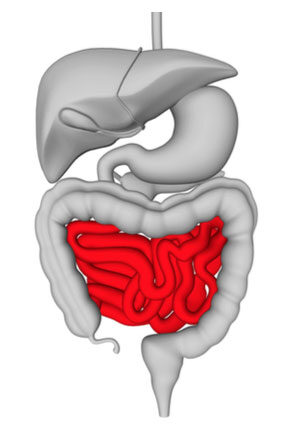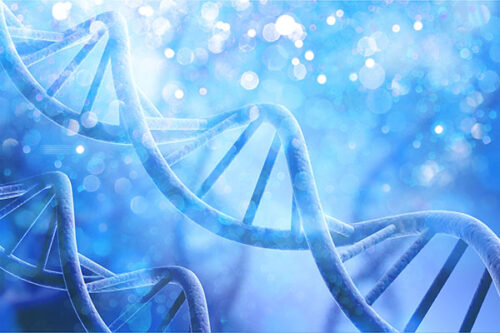Small Intestinal Bacterial Overgrowth (SIBO) The Wrong Low-carb Answer for Bowel Troubles
I recently received the following email: “I am writing to you about my 44-year-old niece who has been told by her doctors that she has SIBO. They have put her on a NO CARB diet, just protein and fat, as well as a second course of antibiotics. She is doing miserably and is very upset with her constant constipation, bloating, and GI distress.”
The newest fad diagnosis for explaining why people feel poorly for no apparent reason is called Small Intestinal Bacterial Overgrowth (SIBO)—meaning there is an overgrowth of bacteria in the small intestine; the section of the intestine beginning just below the stomach and ending at the start of the large intestine. We consume large amounts of bacteria with our foods and found naturally in the saliva in our mouth. Our stomach acids kill most of these bacteria before the remnants of the chewed and partially digested food pass into the small intestine. Thus, in a normal state, relatively few bacteria reside in this part of the gut.

An increasingly popular dietary theory is that carbohydrates make intestinal bacteria multiply in the small intestine. Only plants synthesize carbohydrates, therefore, in the minds of promoters of low-carb diets the solution is to avoid completely or restrict starches, vegetables, and fruits in an effort to starve the bacteria. The recommended low-carbohydrate diet focuses on animal foods: meat, poultry, cheese, fish, and eggs. (Mammalian milk contains the sugar, lactose, and so is not allowed; however, cheese is very low in this sugar, so it is okay to eat.)
Recommended Articles

Advertising Passed Off As Research, Confuses the Public Again

On Salad, Soup, and Success






Join the Conversation!
Have a question, a helpful tip, or a story from your journey? Add it below - your voice matters.